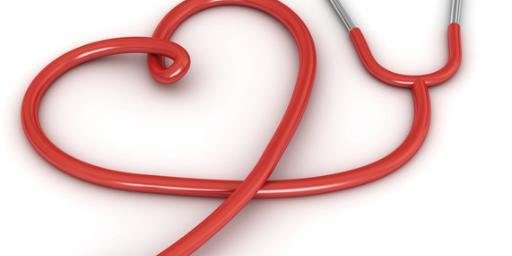When college students are interested in pursuing a medical career, they put themselves on the pre-med track, taking a set of recommended courses to gain the knowledge they will need for medical school. While there is a lot of effort put into how humanism is taught in both medical school and residency, there is not much attention given to how or whether it is taught at the pre-med level.
The Medical College Admissions Test (MCAT) has traditionally focused on the physical and biological sciences, but recently, psychology and sociology questions have been added. This indicates that medical schools are looking beyond the scientific knowledge needed to be a clinically excellent practitioner and taking an interest in the psychosocial aspects needed to become a compassionate one. Even though these changes have begun to trickle down to corresponding updates to the set of recommended pre-med courses in some places, the responsibility for learning about humanism in medicine still largely lies with the students themselves.
Pre-med student Daniel Gomez is a former leader of a humanism in medicine group at The Ohio State University. We talked with him about the work of this group and other ways pre-med students can integrate learning about humanism in medicine into their undergraduate education:
- Work with a Gold Humanism Honor Society (GHHS) Chapter at your school
The Gold Humanism Honor Society is comprised of 21,000 members who have been elected by their peers and professors as exemplars of humanistic patient care. There 137 chapters of GHHS throughout the US; search for one at your university or a nearby hospital. At The Ohio State University they offer “cascading mentorship” designed to help students at earlier stages of health professions training; other GHHS chapters welcome pre-med students participating in their community activities. - Create a humanism in medicine student group at your campus
The student organization I started is called the Pre-medical American Medical Student Association (PAMSA). The most effective way we recruit members is to promote awareness of topics in medicine that typically grab the attention of students, such as the primary care physician shortage, the Affordable Care Act, or comparing our health system to that of other countries. We often invite speakers from local medical schools to speak about these issues and the future of medicine. - Volunteer in your community
There are many nonprofit organizations that could use help from college students. Every volunteer experience provides a new perspective on the ways different people live their lives. When I volunteered as a high school tutor, listening to stories from students who had previously made poor decisions taught me a lesson in empathy that will serve me well in a medical career. And by simply talking with these students, I was able to model that college could still be an accessible part of their future. I also found that serving others in need increased my confidence that medicine is the right career path for me.
By Daniel Gomez and Perry Dinardo
Arnold P. Gold Foundation
Daniel Gomez is a fourth year pre-medical student studying molecular neuroscience at The Ohio State University. Humanism in medicine is a topic that he would like to share with fellow students in order to make a positive impact in medicine.
Perry Dinardo is a 2014 graduate of Duke University, an employee at Boston Children’s Hospital and a Research Intern at The Arnold P. Gold Foundation Research Institute. She plans to attend medical school in the future and is excited to contribute to the Gold Foundation’s work.







